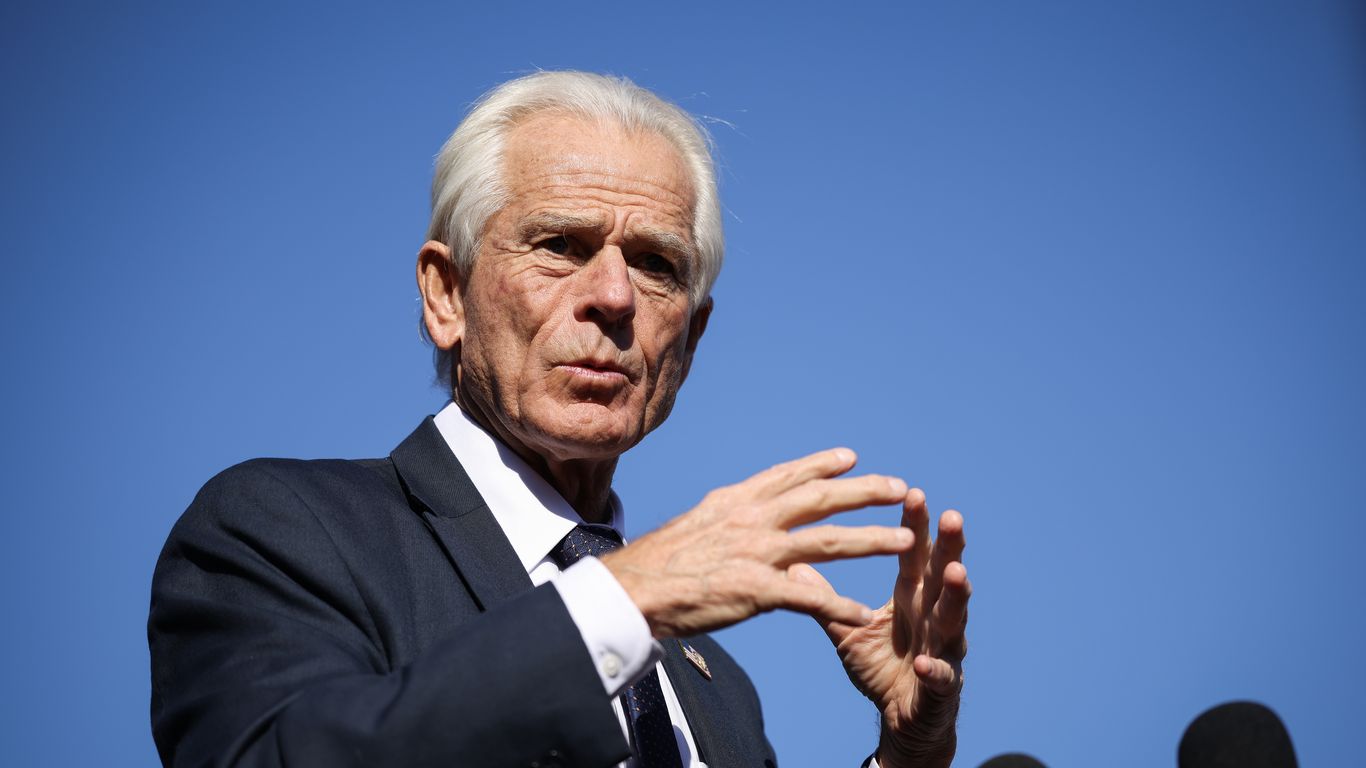
""When India buys Russian oil at a discount and then Indian refiners in partnership in India with Russian refiners make that and sell it at a premium to the rest of the world, Russia uses the money it gets to fund its war machine, kill more Ukrainians," Navarro said. "And then the next thing that happens, of course, is Ukraine comes to us and Europe and says give us some more money," he continued. "Everybody in America loses because of what India is doing. "The consumers and businesses and everything lose, and workers lose because India's high tariffs cost us jobs, and factories, and income and higher wages. And then the taxpayers lose because we've got to fund Modi's war," Navarro added."
""It's real easy. India can get 25% off tomorrow if it stops buying Russian oil," Navarro said."
"Indian External Affairs Minister S. Jaishankar vowed to "take all actions necessary to protect national interests" and said it's "perplexing" to hit India with some of the world's largest tariffs when China and the EU were Russia's biggest oil and gas customers, per the Times of India."
Negotiations on a U.S.-India trade deal were canceled days before high tariffs imposed by the Trump administration took effect. The U.S. offered potential tariff reductions conditional on India stopping purchases of discounted Russian oil. U.S. officials argued that discounted Russian oil purchases and subsequent refining partnerships fund Russia's war effort and impose broader economic harms, including lost U.S. jobs and higher costs. India declined to stop buying Russian oil and vowed to protect national interests, calling large tariffs perplexing given other major buyers. Energy security, trade tariffs, and geopolitical consequences of oil purchases remain central points of contention.
Read at Axios
Unable to calculate read time
Collection
[
|
...
]